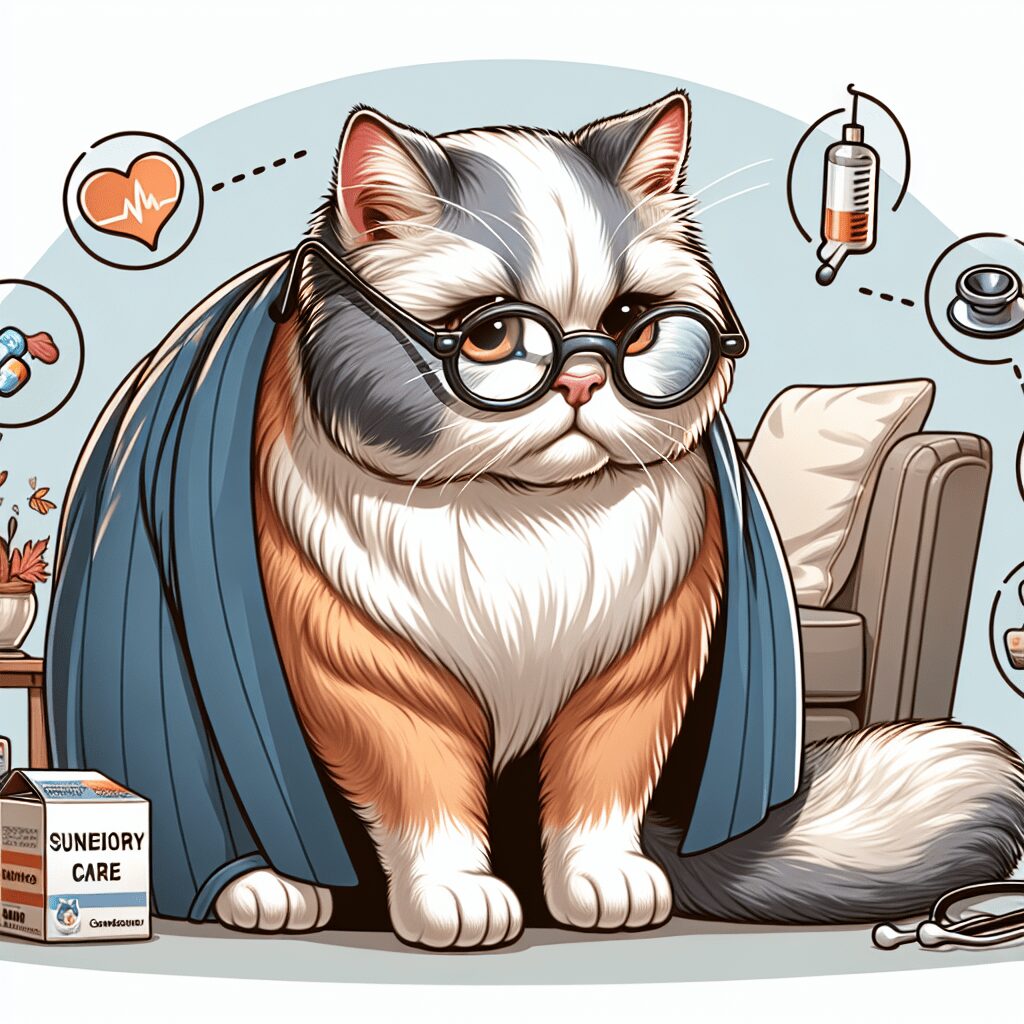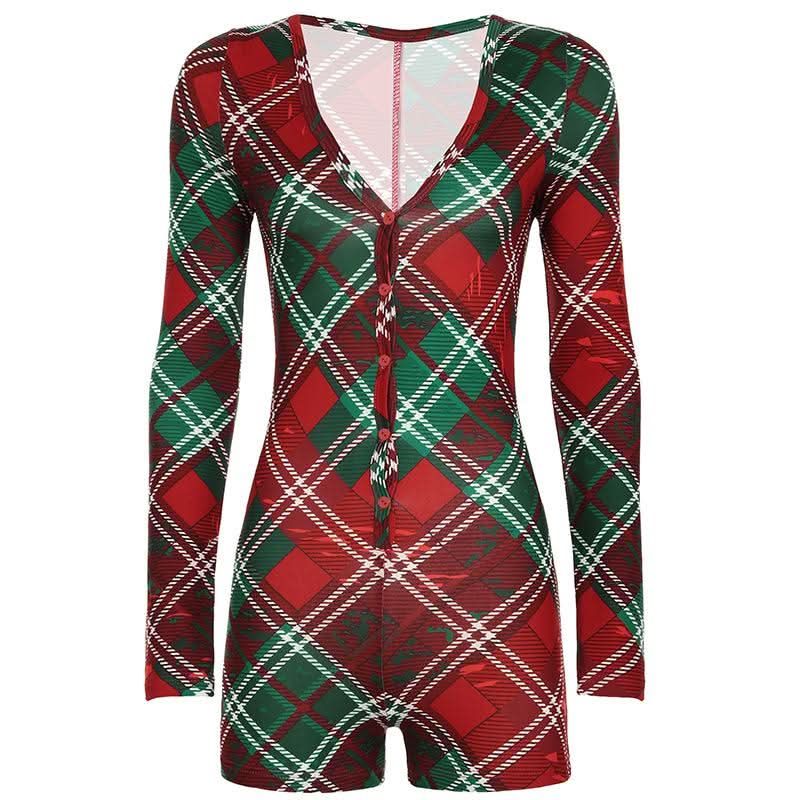Age Gracefully: Understanding the Unique Health Needs of Senior Cats
As a devoted cat breeder and lover, I’ve had the privilege of caring for many feline companions over the years. With each cat I’ve raised or adopted, I’ve learned something new about aging gracefully. Our elder kittens, often ignored in favor of sprightly youngsters, bring joy, wisdom, and still possess that special charm that makes our lives richer. In this article, we’ll explore the unique health needs of senior cats, offering insights, tips, and a positive outlook on this rewarding stage of a cat’s life.
The Aging Process: A Gentle Journey
Understanding the aging process is the first step in ensuring that our senior cats thrive. Just as humans experience changes as they age, so too do our feline friends. Cats are generally considered seniors by the age of 7, but many remain sprightly well into their teens. Each cat’s aging experience is unique, influenced by genetics, diet, and overall health. As breeders, it’s essential we embrace the needs of older cats to help them age gracefully.
Key Signs of Aging in Cats
-
- Reduced Energy Levels: Older cats might not leap onto counters or chase after toys like they used to.
-
- Changes in Appetite: Some seniors may eat less, while others may overeat due to stress or boredom.
-
- Weight Fluctuations: Maintaining a healthy weight can become increasingly challenging.
-
- Increased Sleeping: While all cats love their naps, senior cats might sleep even more.
-
- Behavioral Changes: Anxiety or confusion can manifest as vocalization or changes in litter box habits.
Recognizing these signs early allows you to adapt your care strategies, making the journey more comfortable for your beloved cat.
Nutrition: Fueling Your Senior Cat
Choosing the right diet for senior cats is crucial. Many senior cats require nutrients that support their aging bodies. High-quality, easily digestible food can lead to stronger immune systems and better overall health. Here are some helpful tips on establishing the right nutrition for your senior cat:
-
- High Protein Diet: Senior cats often benefit from diets rich in protein to maintain muscle mass.
-
- Joint Support: Look for foods fortified with glucosamine and chondroitin to support joint health.
-
- Hydration Is Key: Ensure fresh water is always available; consider wet food options for additional moisture.
-
- Dental Health: Incorporate dental-friendly diets or treats to maintain oral health.
-
- Monitor Weight: Regularly check your cat’s weight and adjust portions accordingly.
Regular Veterinary Care: A Must
Regular check-ups become even more critical as our feline friends age. Health issues can manifest without obvious symptoms, making preventative care essential. When should you schedule vet visits?
-
- Bi-Annual Health Check-Ups: Senior cats should see the vet every six months.
-
- Annual Blood Tests: Detect potential issues like kidney disease, hyperthyroidism, or diabetes early.
-
- Dental Cleanings: Keep an eye on oral health, as dental issues can lead to serious problems.
By remaining proactive, you can address health issues before they become severe, keeping your cat happy and comfortable.
Environmental Enrichment: Keep the Mind Sharp
A stimulated mind is key to a healthy, happy senior cat. Even older cats enjoy playtime, puzzle toys, and safe outdoor exploration. Here are some enriching activities you can try:
-
- Interactive Toys: Invest in toys that challenge their hunting instincts.
-
- Cat Trees and Towers: These encourage gentle climbing and exploration.
-
- Window Perches: Allow your cat to watch the world outside while keeping them indoors.
-
- Quality Time: Spend time with your cat each day, offering gentle cuddling or grooming.
-
- New Experiences: Occasionally introduce new scents or sounds to keep them engaged.
FAQs: Common Concerns About Senior Cats
-
-
What age is considered a senior cat?
Most cats are considered seniors by the age of 7.
-
-
How can I tell if my cat is in pain?
Signs of pain can include increased vocalization, hiding, or changes in grooming habits.
-
-
Does my senior cat need a special diet?
Yes! Nutritional needs change with age, and many senior cats benefit from specialized diets.
-
-
How often should I take my senior cat to the vet?
Twice a year is recommended for check-ups and screenings.
-
-
What are the best toys for senior cats?
Toys that require gentle engagement and mental stimulation, like puzzle feeders or slow-moving toys, are ideal.
Cherishing Each Moment
Caring for a senior cat is both a privilege and a joy. The love and companionship they provide during their twilight years can be incredibly rewarding. By understanding their unique health needs, providing proper nutrition, and maintaining regular veterinary care, we can help them age gracefully, ensuring their golden years are filled with joy and comfort. Remember, honesty and observation combined with a positive and nurturing environment can make all the difference. Let’s celebrate our senior cats by embracing this new journey together!
With these real-world suggestions and a positive outlook, we can infuse their lives with love, health, and happiness. Your wise feline deserves it! 🌟
Disclaimer: As an Amazon Associate, I earn from qualifying purchases; at no additional cost to you. Please note that I only recommend products I believe will provide value to my readers.









